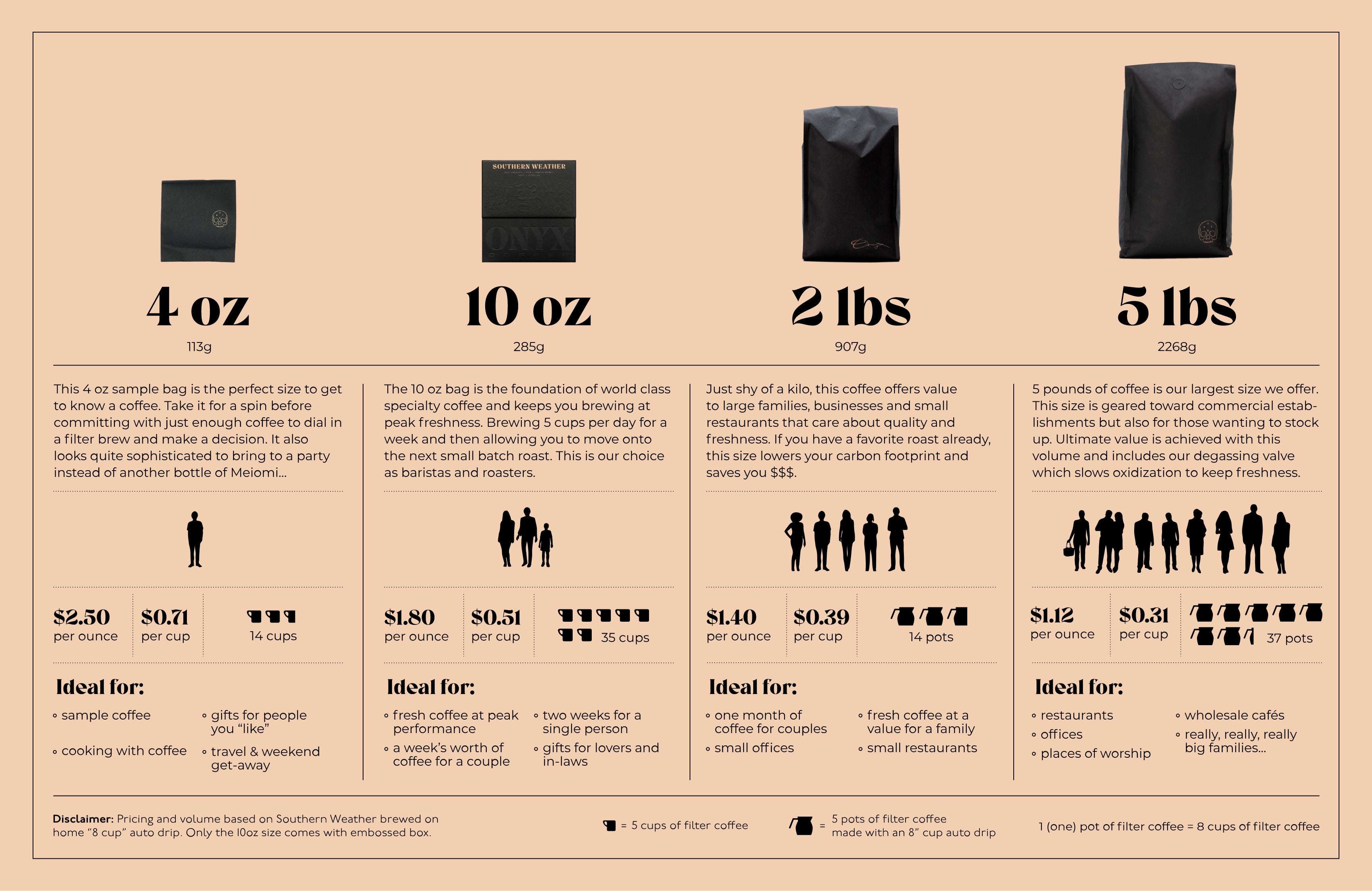Story
DUMERSO WASHING STATION RELATIONSHIP by Catalyst Trade
Led by the dynamic sister team of CEO Hirut Birhanu and Manager Mahder Birhanu, Dumerso is a family endeavor that is anchored in Yirgacheffe and extends its reach to several other areas of Ethiopia. The flagship washing station is Dumerso, acquired 12 years ago and named for the village where it is located in the Yirgacheffe district. The family has lovingly worked in coffee for more than 20 years, in the process undergoing quite a lot of upheaval and real challenges.
One of the most stunning challenges they faced was one we documented for the global coffee world before we met Hirut and Mahder. (You can read that article at Daily Coffee News: “A Year of Turbulence and New Hope in Ethiopia’s Critically Important Gedeo Zone”) Piggybacking on racial tensions, agitators incited the local people to destroy dozens of washing stations owned by Ethiopians of other tribal backgrounds than Gedeo. Dumerso’s site was looted and destroyed. The family lost a lot of money in the process but remained hopeful that they could do good for the area and rebuild. In the same season, nightly low temperatures that hadn’t been seen in more than fifty years cause frost to strike the area and decimated the harvest. In spite of these challenges, with great fortitude, the family has continued to forge ahead. Ever since they have been rebuilding and in so doing have begun to focus on dialing in excellence in-process controls.
We began working with them in 2020, during an epic year of change and challenges. The coffee came in late in the season and wowed us every time on the cupping table with incredibly complex fruits like mandarin, earl grey, lemon sugar, and champagne grapes. This, combined with distinct floral and herbal notes such as white rose, bergamot, and eucalyptus, excited us and promised that we’d found the classic Yirgacheffe profile for the first time in a few years of searching for it. We immediately began to plan for the 2021 season, and our team has spent a lot of time on the ground with their team. Catalyst Trade Founder and Relationships & Processing Director Zelalem Girma Bayou says that he wishes more people were as careful and open to collaboration as the Industrial Manager at the Dumerso site.
Cascara Washed:
Typical processing for washed Ethiopian coffee sees cherries
entering the washing station atop donkeys or carried by hand. Usually
contained in a plastic bag at this stage, the cherries are weighed with
a traditional scale (often painted a rich shade of sea green) and the
volume entered against the producer's name in the washing station's
logbook. The smallholder receives their money, which is used to
purchase food and school supplies, and to pay for rent on their huts
and small sections of land. Once the cherries are logged, they are either carried straight to
the hoppers or-_as we at Catalyst Trade prefer and pay premiums for dumped into float tanks
so that lower-density cherries can surface and be skimmed off for lower grade coffees or local
consumption. The higher-density cherries sink to the bottom, displaying their quality by their
weight. After this, the remaining cherries are carried in wood-and-wire trays to drying tables to
let the water drip off of them and receive careful hand sorting of any visible defects.
At this point, the cherries, their red cheeks glowing with health, are dumped into big
cement hoppers where they tumble down into the pulping machines. Here, the seed is
separated from the fruit by rough-surfaced pulping disks and then channeled into various
density channels and tanks where they start fermentation to loosen the sticky mucilage from the
seed. This is where our Cascara Infused process kicks in and shakes things up. Instead of
simply filling the fermentation tank with pulped parchment and then covering it with water in the
standard method, we also add cascara from previously dried natural processed lots. The fruity
cascara infuses the fermenting coffee beans with all manner of tastiness, and we let them swim
together for a controlled cycle. Once complete, the parchment coffee is funneled into the
washing channels where locally filtered river water pours over them, and laborers, often singing
songs to stay in sync with each other, scrub them with wooden rakes until the water runs clear.
Finished with the washing, the parchment coffee is carried in wood-and-wire trays to
draining tables, where the excess water drains away for 6-10 hours. Post-draining, the beans,
still in their parchment jackets, are carried to open-air drying tables that are shaded by mesh
canopies and then laid out to slowly let the sun kiss them and draw out their moisture content. In
a step up from usual table materials, the drying beds are made from nylon mesh instead of
bamboo weave covered with jute. Once the coffees reach their ideal drying level, they are
bagged up and kept carefully separate as they are transported first to a regional processing mill
and then to Addis Ababa, Ethiopia's capital, for final export processing and shipping to the
world.



